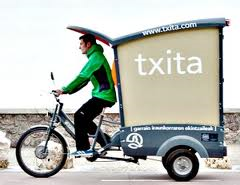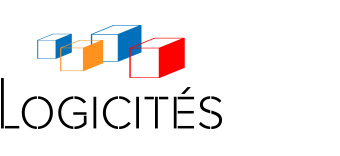It is surprising that the urban freight is a major concern in most European cities.
The Bestfact Workshop, which just took place on January 29 and 30 in Brussels , was an opportunity to make a point about the experiences in many European cities.
Theoretical studies clearly give way to concrete experiences, this in many countries. These experiences can be classified in different ways:
1 – experiences of consolidation centers organized with a public initiative. The examples presented are in Italy, the Netherlands , Sweden and Denmark. The project of consolidation center un Brussels was also presented.
2 – private experiences of last mile distribution centers using environmentally friendly means of delivery ( cargocycles or electric vehicles) . We were able to attend the presentations of experiences in different cities , particularly in Paris (The Greeenlink ), London , Spain and Germany.
3 – technological advances on urban delivery vehicles and initiatives of rental network of electric vehicles.
Common points emerged among all these virtuous initiatives :
– The objective of controlling the number of delivery vehicles and significantly reducing CO2 emissions due to the distribution of goods. Other negative externalities such as noise , fine particles, accidents, road sharing were also clearly identified.
– A need to support these initiatives with regulation changes allowing these solutions to have an advantage compared to traditional distribution solutions.
– The importance of building economically balanced solutions.
– The emergence of new requirments due to consumption trends (e -commerce ), which severely changes the previously studied patterns around the downtown shops.
This workshop , which brought together representatives of many countries shows interest, supported by the European Union, for new practices of goods distribution in cities. There is clearly no single solution but many virtuous initiatives that go in the same direction : to improve the attractiveness of cities .
